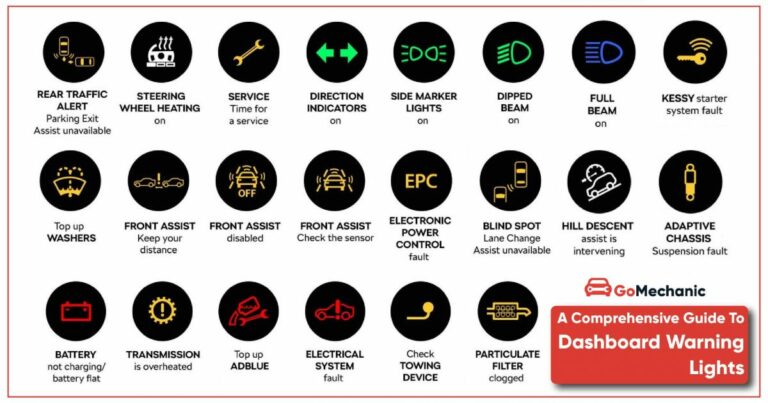How Many Ultrasounds During Pregnancy: A Comprehensive Guide
Pregnancy is an exciting and transformative journey, and ultrasounds play a crucial role in monitoring the health and well-being of both the mother and the developing baby. This comprehensive guide will provide an overview of the number of ultrasounds typically recommended during pregnancy, their benefits, risks, and when to have them. We will also delve into the interpretation of ultrasound results, empowering you with the knowledge to make informed decisions about your prenatal care.
Ultrasound technology has revolutionized prenatal care, allowing healthcare professionals to visualize the developing fetus, assess its growth, and detect potential complications. By understanding the purpose and significance of each ultrasound, you can actively participate in your pregnancy journey and ensure the best possible outcome for your little one.
How Many Ultrasound During Pregnancy

Pregnancy is a magical journey, and ultrasounds are a great way to keep track of your baby’s development. But how many ultrasounds do you need during pregnancy? Here’s the lowdown on what to expect.
First Trimester
Your first ultrasound will likely be around 8-12 weeks pregnant. This is when your doctor will confirm your pregnancy, check the baby’s heartbeat, and measure its size. You may also get a nuchal translucency scan, which can help identify potential chromosomal abnormalities.
Second Trimester
Your second ultrasound is usually between 18-22 weeks pregnant. This is when you’ll get a detailed look at your baby’s anatomy. Your doctor will check for any birth defects, measure the baby’s growth, and check the placenta and amniotic fluid.
Third Trimester
Your third ultrasound is typically between 32-36 weeks pregnant. This is when your doctor will check the baby’s position, growth, and development. They’ll also make sure the placenta is functioning properly and check the amniotic fluid levels.
Additional Ultrasounds
In some cases, you may need additional ultrasounds throughout your pregnancy. This could be if you’re having a high-risk pregnancy, if you’re carrying multiples, or if there are any concerns about the baby’s health.
Frequently Asked Questions
How many ultrasounds are typically recommended during pregnancy?
The number of ultrasounds recommended during pregnancy can vary, but typically ranges from two to four.
What are the benefits of having ultrasounds during pregnancy?
Ultrasounds provide valuable information about the baby’s growth, development, and overall health. They can also detect potential complications or abnormalities.
Are there any risks associated with having ultrasounds during pregnancy?
Ultrasound technology is generally considered safe, but it’s important to follow recommended guidelines to minimize any potential risks.
When should I have ultrasounds during pregnancy?
Ultrasounds are typically recommended at specific stages of pregnancy, such as the first trimester to confirm pregnancy and assess the baby’s heartbeat, and the second trimester to evaluate the baby’s growth and development.
How are ultrasound results interpreted?
Ultrasound results are interpreted by healthcare professionals who assess measurements and parameters to evaluate the baby’s health and well-being.




